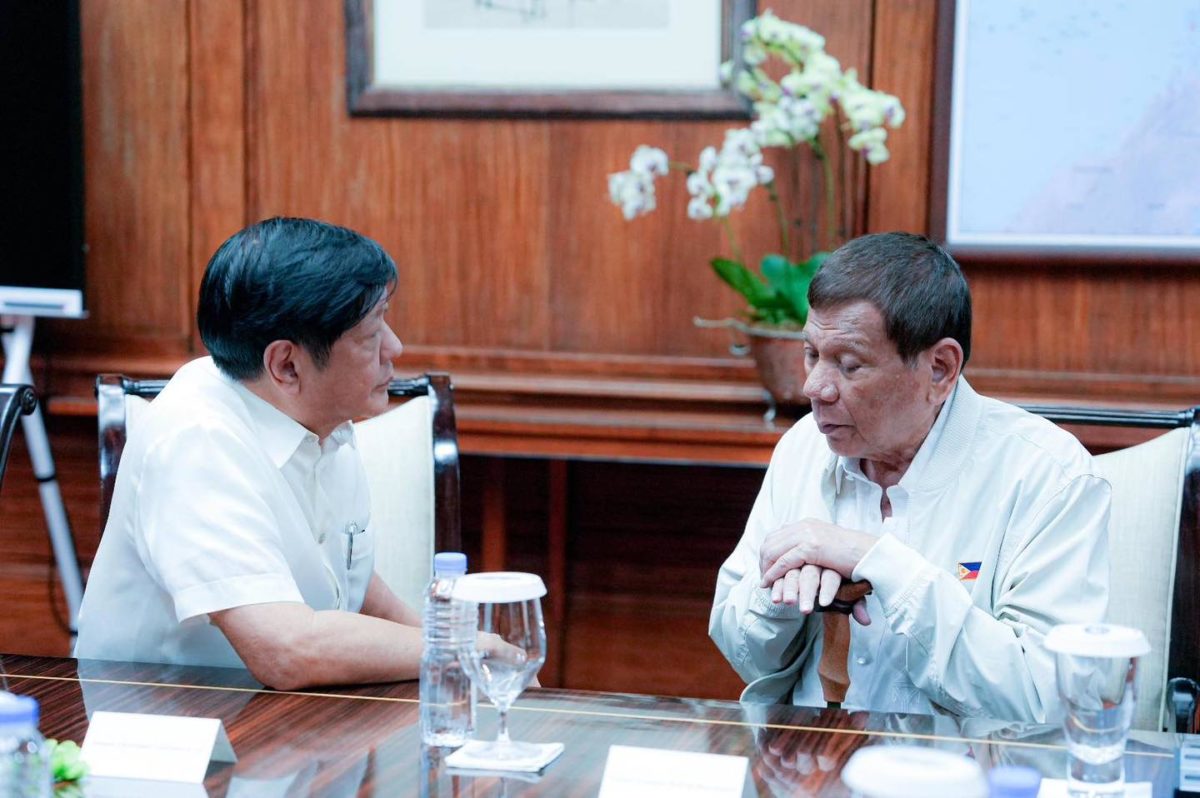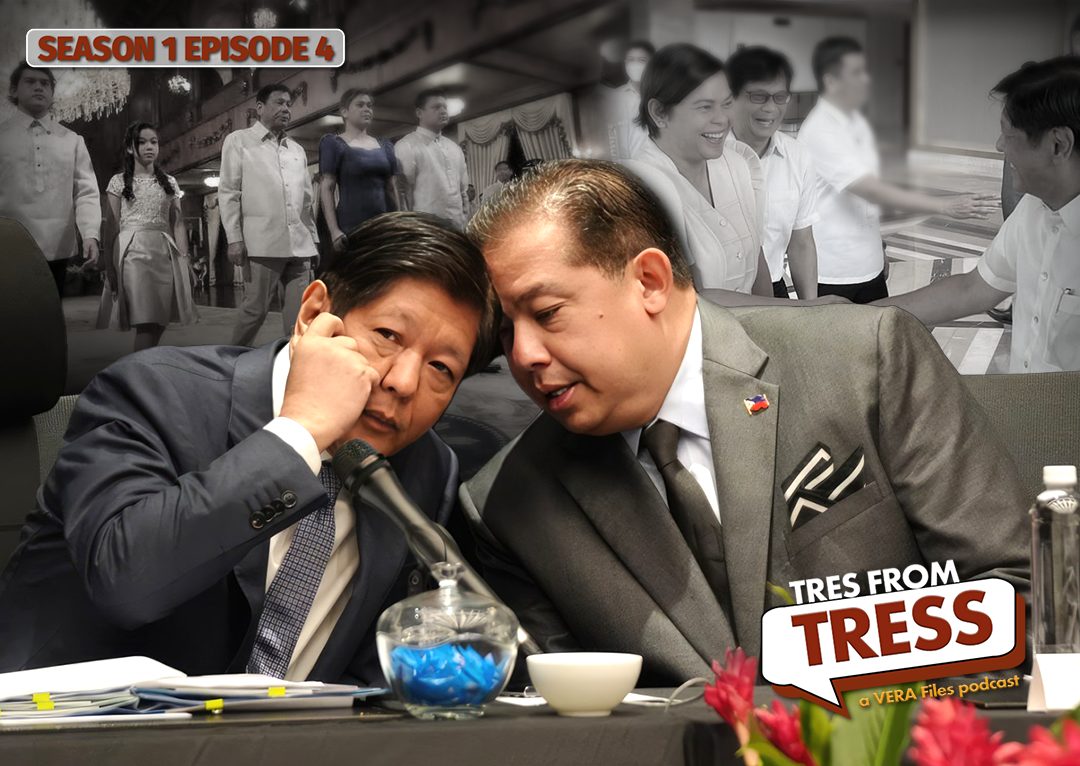House Speaker Ferdinand Martin Romualdez, principal author of the controversial sovereign wealth fund (SWF) and first cousin of President Ferdinand Marcos Jr., can’t even get its name accurately. The haste in which the House has been acting on it bolsters suspicion of a sinister agenda behind it.
The title of House Bill 6398, as it appears on the website of the House of Representatives, refers to it as Maharlika Investments Fund. But in the accompanying explanatory note, the title dropped the “s” in investments.
In Romualdez’s press release issued hours after the bill was filed at the Bills and Index Service of the House, it was referred to as Maharlika Wealth Fund (MWF). Many others now refer to it as MWF. Is the middle word investment, investments or wealth? Perhaps lawmakers are just as confused.
The bill was filed at 8 a.m. on Nov. 28, referred hours later to the committee on banks and financial intermediaries which approved it, apparently without much thinking, on Dec. 1.
Albay Rep. Joey Salceda, chairman of the ways and means committee, earlier projected it would be up for plenary voting today, Dec. 12, a few days before Congress adjourns on Friday for the Christmas break.
Last Friday, the appropriations committee introduced “refinements” to the controversial measure in response to simmering public backlash. To pacify adverse reactions to the funding provisions of the bill, pension funds from the Government Service Insurance System and Social Security System will no longer be used as sources of seed money for Maharlika.
The bill initially sought to require the two state-run pension funds to contribute a combined amount of P150 billion to the SWF. Sen. Imee Marcos herself objected to it, pointing out that this could put retirement funds of contributors and pensioners at risk of losses.
The appropriations panel also removed the president as chairman of the fund’s board of directors and designated instead the Finance secretary, purportedly to insulate the SWF from politics. The 15-man board will have four, instead of two, independent directors.
Would dropping the word Maharlika and replacing it with something neutral such as Philippines make it acceptable?
You see, mere mention of the word “maharlika” already sends shivers down the spine of many, particularly those who keep unforgettable memories of the abuses of martial law and the administration of the dictator Ferdinand E. Marcos Sr.
Maharlika is a term popularized during the presidency of Marcos Sr. who supposedly led a guerrilla resistance unit named Ang Mga Maharlika during the Japanese occupation from 1942 to 1944. But this claim has been repeatedly debunked; archival documents show that the guerrilla unit was never recognized by the US government, putting Marcos’ leadership of it into question.
Maharlika, or warrior class, was supposed to mean nobility as a propaganda tool. Previously, there were proposals to change the name of the Philippines to Maharlika, but this met with adverse reactions, particularly from anti-Marcos groups and individuals.
A pop song commissioned by former first lady Imelda Marcos in 1981 carried a line that says Filipinos have “dugong Maharlika.”
The country’s longest road network of expressways, bridges and ferry services, the 3,379-kilometer Pan-Philippine Highway that connects Luzon, Samar, Leyte and Mindanao, is also known as Maharlika Highway or Daang Maharlika. It was a multiyear project that began during the presidency of Diosdado Macapagal.
Opposition Sen. Risa Hontiveros has raised suspicions that the proposed sovereign wealth fund is part of the efforts to help “rehabilitate” the image of the president’s late father whose regime was marked by widespread corruption and human rights abuses.
Not farfetched.
Just take a look at the people listed as principal authors of the Maharlika bill. Of the six proponents, three are closely related to President Ferdinand Romualdez Marcos Jr. and occupy powerful and influential positions in Congress. Speaker Martin Romualdez is a first cousin of the president and is joined by his wife, Yedda Marie, as the bill’s principal sponsors, along with the president’s eldest son, Ilocos Norte Rep. Ferdinand Alexander “Sandro” Marcos. So there.
The views in this column are those of the author and do not necessarily reflect the views of VERA Files.
This column also appeared in The Manila Times.





